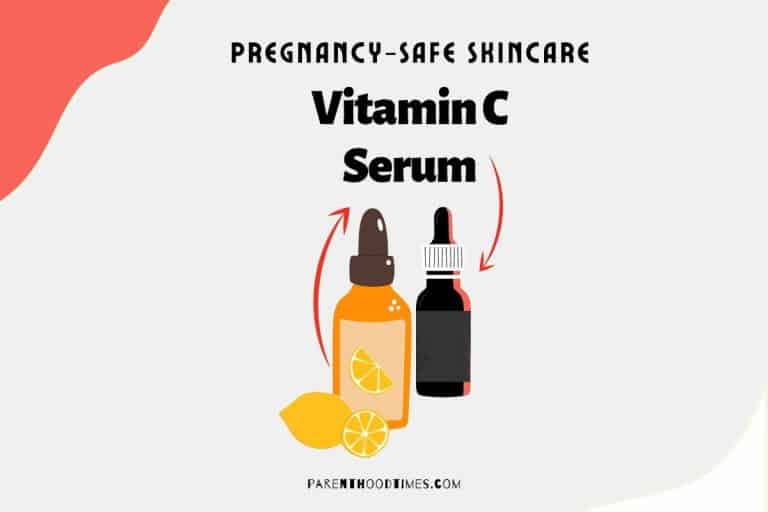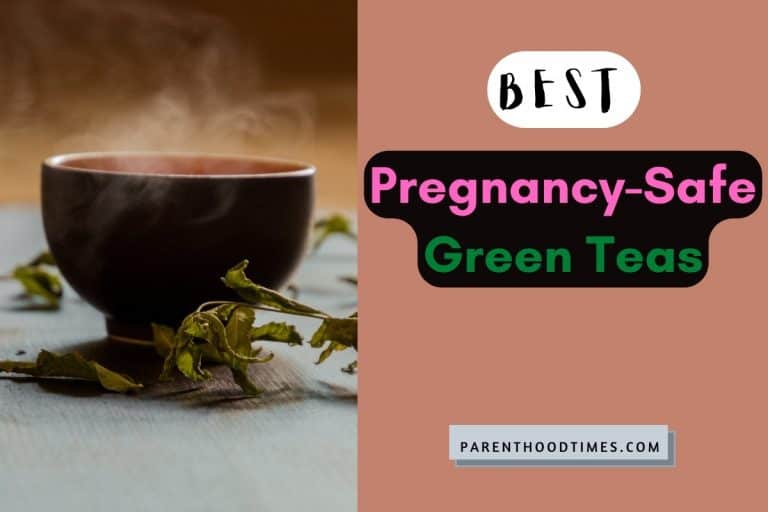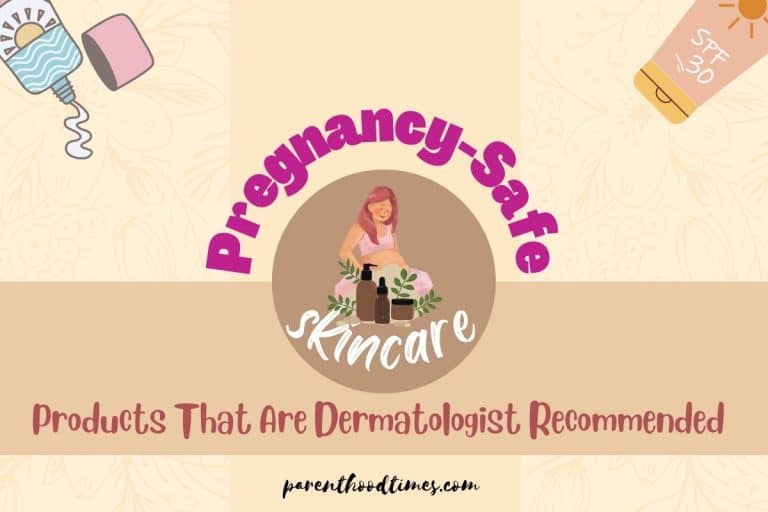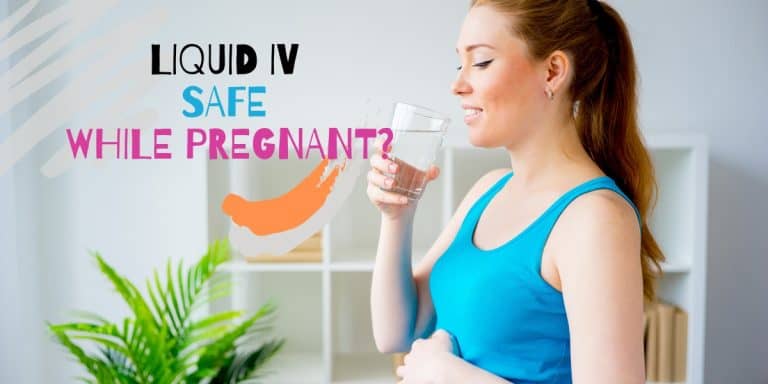Is Glycolic Acid Safe To Use During Pregnancy?
Sun damage, acne, clogged pores- these skin issues can make the skin dry and dull. Most people look for a quick remedy for these skin conditions. Eventually, they resort to over-the-counter skincare products, such as cleansers and toners. Most of these skincare products contain a certain amount of glycolic acid, which is known for its exfoliating properties. Now one might wonder, especially pregnant women, whether they should avoid such chemicals during the pregnancy period.
Pregnancy is a sensitive time for many women, both physically and emotionally. Every single food, fluid, and skin product might raise questions in your mind. As a conscious parent, it is expected that you would like to know whether any particular ingredient of your favorite skin product may potentially impact your developing baby. In this post, we have explored whether glycolic acid is safe during pregnancy or not.
What Actually is Glycolic Acid?
Glycolic acid is a type of alpha hydroxy acid (AHA) that is commonly used in a variety of skincare products, including face cleansers, toners, serums, and night creams.
It is soluble in water, just like sugar. You might already know sugar can be used as a scrubber. Usually derived from sugarcane, glycolic acid has the same properties too! Besides sugarcane, sugar beets, pineapple, cantaloupe, and unripe grapes are rich in glycolic acid.
Some potential benefits of utilizing glycolic acid in skincare routine include the following:
- Improved skin texture: Glycolic acid uses the exfoliating process of removing dead skin cells to reveal new and healthy skin.
- Unclogged pores: Glycolic acid can help remove excess oil, dead skin, and makeup residue, which results in an improved skin appearance and less risk of pregnancy breakouts.
- Reduced fine lines and wrinkles: Glycolic acid may help to improve your skin’s look and feel by removing the outer layer of old skin.
- Even skin tone: Glycolic acid is effective in reducing acne scars, dark spots, and pigmentation, which can be helpful to even out skin tone and texture.
Can you use glycolic acid while pregnant?
The safety of using glycolic acid during pregnancy is not well-understood, as the research is limited and inconclusive. However, most dermatologists agree that chemical peels containing glycolic acid are safe for pregnant women. One research on pregnancy acne treatments also has a similar observation. It concludes that pregnancy acne treatments containing glycolic acid don’t have any adverse effects on the fetus.
Even though glycolic acid is considered safe for pregnancy skincare, it is important to practice precaution. This is because glycolic acid makes the skin more sensitive to the sun, increasing sunburn risk. Experts recommend using a broad-spectrum pregnancy-safe sunscreen with an SPF of at least 30 when using face cleansers or other exfoliants containing glycolic acid.
In addition, glycolic acid may also increase the risk of skin irritation, redness, and dryness, which can be uncomfortable for pregnant women. Hence using a product with a lower concentration of glycolic acid may be a safer option for pregnant women.
What percent of glycolic acid is safe during pregnancy?
Different products and treatments utilize different concentration levels of glycolic acid. Typically over-the-counter acne products contain 8-10% glycolic acid, whereas professional treatments use up to 70% of glycolic acid.
There is no established safe percentage of glycolic acid for use during pregnancy. Still, it’s recommended that pregnant women should use skin products with a glycolic acid concentration that’s lower than 10 percent.
Final Thoughts
Even though glycolic acid is safer compared to ingredients such as retinoids, salicylic acid, and hydroquinone, it still might cause some issues if you’re not conscious. So it’s best to consult a dermatologist or a licensed skincare professional before using a chemical peel or a night cream containing glycolic acid. They might recommend other more tried-and-true remedies that are safer choices during pregnancy.







